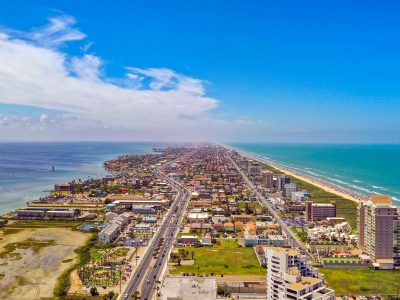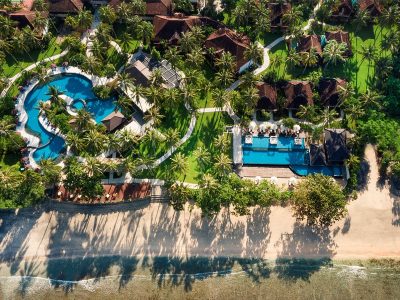Altitude sickness is a significant health problem that almost every trekker suffers from. With each passing altitude, the Oxygen level in the atmosphere becomes low, and people suffer from altitude and mountain sickness.
The symptoms of altitude sickness may range from extreme dehydration, rapid pulse, nausea, difficulty sleeping, severe headache, loss of appetite, and fatigue, to shortness of breath.
If any of these symptoms show at any point during your Everest Base Camp trek, then you should call the medical professionals immediately. Many trekkers have lost their lives due to this serious health condition. So, it is essential to prepare for it to prevent it.
Everest Base Camp is at an altitude of 5,364 meters. Although trekking up to this beautiful location is adventurous and thrilling, it is dangerous too. And with the possibility of altitude sickness, it becomes even more challenging.
Every night in your trek to EBC, the altitude increases by an average of 300 meters. In addition, you will experience extreme altitudinal change once you fly from Kathmandu to Lukla Tenzing Hilary Airport. Lukla, at 2840 meters, requires trekkers two days to get used to it. So, as you start trekking from Lukla to EBC, you need proper acclimatization to tackle the high altitude.
Trek Slowly
Your body is sensitive and requires time to adjust to the low oxygen level. So, always ascend slowly. Trekkers who hurry or walk at a faster rate will suffer from altitude sickness. Therefore take your time and trek at a comfortable pace.
Acclimatization Rest
For any high-altitude trekking adventure, at least two days’ rest is needed for acclimatization. Acclimatization means trekking to a high altitude point from a low altitude point and returning to the lower end again. This movement allows your body to get used to the high altitude.
Your first acclimatization journey begins from Namche Bazaar to Everest View Hotel and returns to Namche to spend the night. Also, during your rest days, try to move your body by walking, allowing you to adjust to the changing altitudes.
Next, your acclimatization will be at a place called Dingboche. From Dingboche, you will trek to Nagarshan Hill and spend at least half an hour there before returning to Dingboche. Here you will spend a night again. These rest periods aren’t just for adjustment but are also for recovering your body.
Say No To Cigarettes, Tobacco, And Alcohol
If you consume any alcohol or tobacco or smoke cigarettes, it will cause the water level in your body to be low. In addition, these also make you lazy and make your heart rate slow. All these factors will make you more susceptible to altitude sickness. However, while returning from your EBC trek, you may indulge but always in a safe amount.
Eat and Drink
Always drink plenty of warm water to hydrate your body at all times. Doctors recommend drinking around 500 ml every half an hour during your trek.
At higher altitudes, people often complain of losing their appetite. But eat less but at frequent times to put food in your belly. Also, drinking liquid food like soups and stews can be enjoyable.
Finally, always prepare yourself for your Everest Base Camp Trek, both mentally and physically. Fear and negative thoughts are the main culprits of lowering morale during this dangerous trek. So do your research and prepare yourselves mentally as much as possible.






